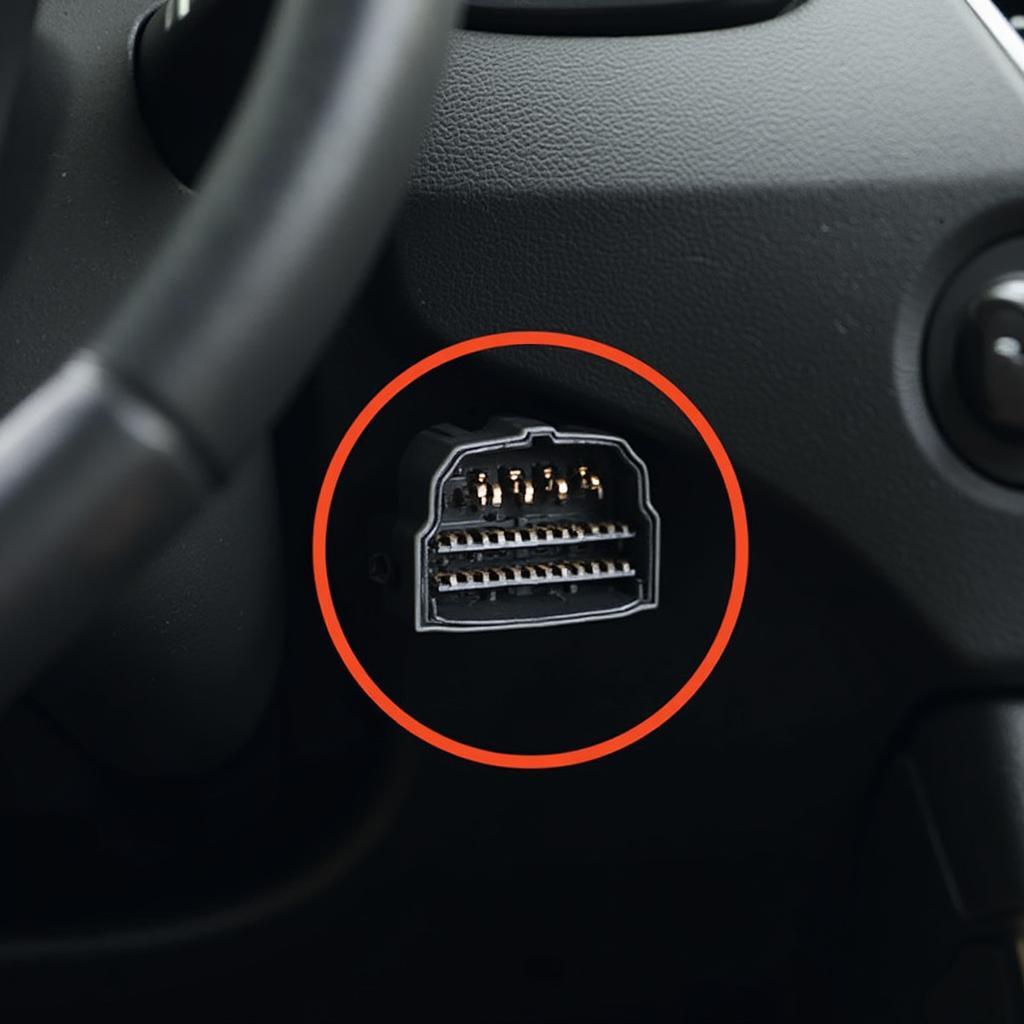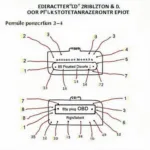OBD2, short for On-Board Diagnostics, second generation, has become the standard for vehicle diagnostics since its introduction in 1996. But a common question that arises is: is OBD2 universal? This comprehensive guide delves into the intricacies of OBD2 compatibility, exploring its global reach and addressing the nuances that car owners and automotive enthusiasts need to know.
The Global Adoption of OBD2: A Timeline
To understand the universality of OBD2, it’s essential to look at its historical rollout:
- 1996: OBD2 Becomes Mandatory in the US: The Environmental Protection Agency (EPA) mandated OBD2 for all gasoline-powered vehicles sold in the United States starting in 1996. This move aimed to standardize emissions diagnostics and improve air quality.
- European Union Follows Suit: The European Union adopted a similar standard, EOBD (European On-Board Diagnostics), with slight variations, also focusing on emissions control.
- Global Expansion: Over time, many other countries adopted OBD2 or similar regulations, making it a near-global standard for vehicle diagnostics.
OBD2 Universality: True or False?
The answer to whether OBD2 is truly universal is both yes and no. Here’s why:
Yes, in these aspects:
- Connector: Almost all vehicles manufactured after the respective mandates in the US and EU have a standardized 16-pin OBD2 connector located under the dashboard, typically on the driver’s side.
- Basic Protocol: OBD2 utilizes a standardized communication protocol, allowing generic OBD2 scanners to connect and retrieve basic diagnostic information like engine and emissions-related fault codes from most vehicles.
However, there are limitations:
- Proprietary Protocols: While the basic protocol is standardized, car manufacturers often use their proprietary protocols for more advanced functions and vehicle-specific diagnostics.
- Regional Variations: Despite widespread adoption, some regional variations exist in protocols and standards. For instance, the specific fault codes used might differ between US and European vehicles.
Deciphering OBD2 Compatibility for Your Car
Here’s what you should consider to ensure OBD2 compatibility for your specific vehicle:
- Model Year: As a rule of thumb, if your gasoline car is from 1996 or later (2001 for diesel cars in the US), it likely supports OBD2. However, it’s always best to verify with your owner’s manual or a reliable source.
- Vehicle Origin: While OBD2 is widespread, regional differences exist. If you have a European vehicle, an EOBD-compliant scanner might be more suitable for comprehensive diagnostics.
- Diagnostic Needs: If you require access to advanced functions beyond basic fault code reading, such as ABS, airbag, or transmission diagnostics, you’ll need a more advanced scanner that supports your vehicle’s make and model.
Choosing the Right OBD2 Scanner
With countless OBD2 scanners available, choosing the right one for your needs is crucial:
- Basic Code Readers: Ideal for DIYers, these affordable scanners retrieve and clear basic engine fault codes.
- Bluetooth Scanners: These connect to your smartphone or tablet, providing a user-friendly interface and often offering additional features like live data monitoring.
- Professional-Grade Scanners: Mechanics and advanced users benefit from these comprehensive tools that offer advanced diagnostics, programming capabilities, and access to manufacturer-specific systems.
Conclusion
While OBD2 has brought a level of standardization to vehicle diagnostics, complete universality remains elusive due to proprietary protocols and regional variations. However, understanding these nuances empowers car owners to make informed decisions when selecting diagnostic tools and accessing valuable information about their vehicles. For most users, a basic OBD2 scanner will suffice for general maintenance and troubleshooting. However, if you’re looking to delve deeper into your vehicle’s systems or own a car with specific diagnostic requirements, investing in a more advanced scanner compatible with your make and model is recommended.

